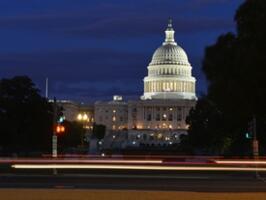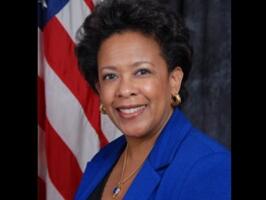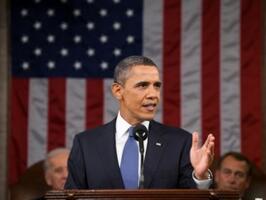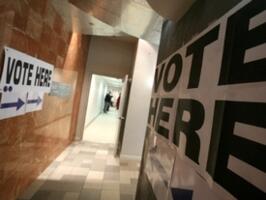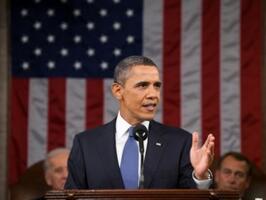Voters See Money and Congress As a Bad Combination
Voters continue to find the large number of millionaires serving in Congress troubling and to question how they got that way.
(Want a free daily e-mail update? If it's in the news, it's in our polls). Rasmussen Reports updates are also available on Twitter or Facebook.
The survey of 800 Likely Voters was conducted on February 8-9, 2015 by Rasmussen Reports. The margin of sampling error is +/- 3.5 percentage points with a 95% level of confidence. Field work for all Rasmussen Reports surveys is conducted by Pulse Opinion Research, LLC. See methodology.

